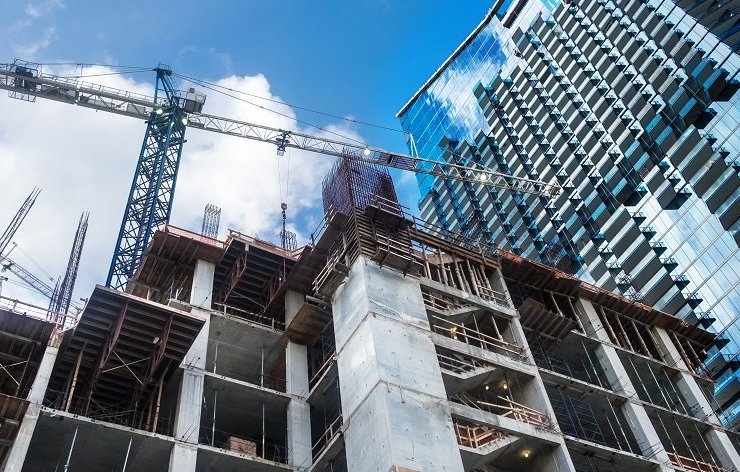The construction industry currently accounts for 40 percent of global CO2 emissions from energy and manufacturing processes. In order to achieve "zero" emissions in this area by 2050, it is necessary to halve direct CO 2 emissions by 2030.
The new project is designed to promote the construction of highly efficient buildings, to establish supplies for the construction of energy-saving materials, technologies and equipment.
The project also aims to link the benefits of energy efficient buildings to nationally determined contributions to combating global warming and promoting sustainable development. It is not only about saving energy during construction, but also about maintaining energy efficient building management practices at the end of the project.
“If there is one area where the world could take decisive action to achieve the goals of the 2030 Development Agenda, it is to make the global construction industry more efficient,” said Olga Algayerova, UNECE Executive Secretary.
Financing high-performance buildings and retrofitting existing ones can quickly revitalize the local economy, create decent jobs throughout the construction industry chain, and provide improved living conditions for many, she said.
The authors of the project hope that the initiatives, solutions, methods and tools provided for in it can be used in other countries of the region, including in the framework of international supplies in the construction sector. The innovative nature of the project is that it implies an integrated approach to the entire supply chain of the construction sector for the construction of buildings that, in terms of energy, environmental and quality indicators, far exceed existing ones.
In recent years, greenhouse gas emissions from the construction industry associated with energy and manufacturing processes have been growing. This is partly due to the move away from coal, oil and conventional biomass and the switch to electricity. However, fossil fuels are still largely used to generate electricity, which leaves a large carbon footprint.
The authors of the new project are confident that the active reduction in energy demand in construction, decarbonization of the energy sector and the use of energy efficient materials will slow climate change and bring significant benefits to the economy.
Experts urge authorities to support building renovation projects, channel investments in low-carbon infrastructure and support companies that provide energy-efficient materials and green jobs.
Let's remind that today more than 55 percent of all inhabitants of the planet live in cities. By 2050, 75 percent of the world's population will be urban. The rapid growth in the number of urban residents opens up new opportunities, including in the field of industrialization, but at the same time it leads to environmental pollution.
Therefore, the decisions that will be made in the coming decades with regard to urban infrastructure, including the construction of energy-efficient buildings, will have a decisive impact on the future of humanity.




